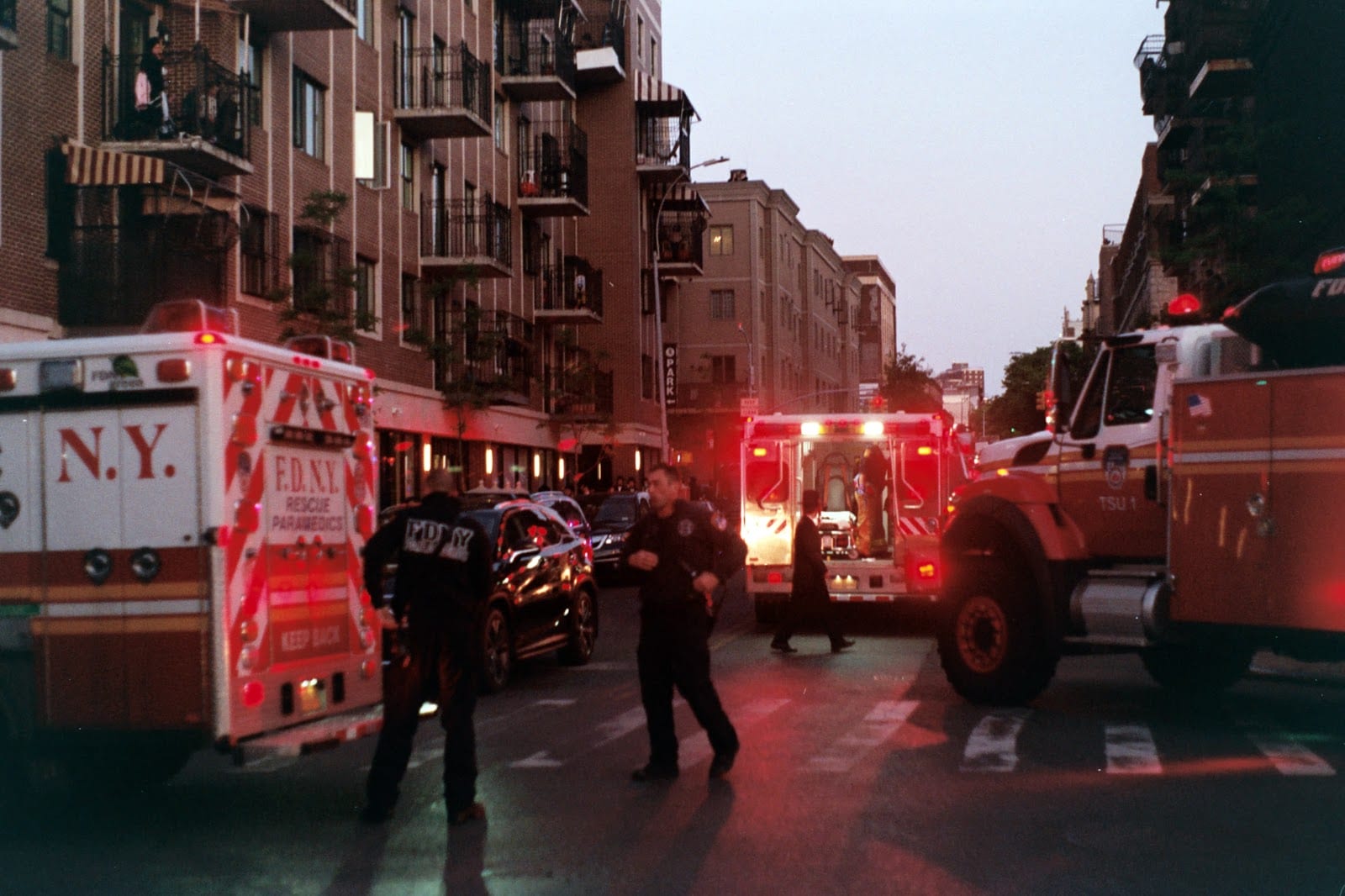Confronting an open shooter, running into a burning building, or rushing to aid those injured in such attacks all sound like unsettling situations for most, but for America’s first responders, it’s another day on the job. While America’s heroes are trained to handle such daunting and dangerous situations, they are still human beings experiencing traumatic situations. It’s no wonder our first responders experience a higher rate of PTSD and depression compared to other professions.
A 2017 study by the Ruderman Family Foundation found that more firefighters and police officers died by suicide than members of any other profession. The same study also found that Post-Traumatic Stress Disorder (PTSD) and depression were five times more prevalent in firefighters and police officers than the general public.
According to the Substance Abuse and Mental Health Services Administration (SAMHSA), about 30% of America’s first responders experience PTSD and depression with 37% of firefighters and EMS professionals contemplating suicide and 6.6% attempting suicide. So what can we do to help? If you have a friend or family member who serves as a first responder, look out for the warning signs and understand what resources are available.
PTSD: What is It and What are the Warning Signs?
PTSD develops after someone has experienced a shocking, traumatic, or dangerous situation. While it’s normal to feel scared or experience a range of emotions immediately after the event, it is not normal to continually relive these traumatic events over and over for months or even years at a time. PTSD can look different person to person, even among first responders.
While general symptoms may include insomnia and nightmares, irritability, difficulty managing emotions, or substance abuse and addiction, there are also specific types of symptoms such as re-experiencing symptoms, hyperarousal symptoms, as well as avoidance symptoms.
Re-experiencing Symptoms
Re-experiencing symptoms will express themselves as overwhelming fear with sudden flashbacks to the traumatic event. Individuals may also experience rapid breathing, excessive sweating, and nightmares.
Hyperarousal Symptoms
Hyperarousal symptoms include emotional outbursts and intense anger. Individuals with hyperarousal symptoms may also experience insomnia and feel on edge or be easily startled.
Avoidance Symptoms
Experiencing avoidance symptoms typically presents itself as feelings of guilt or depression. A person suffering with PTSD may also experience difficulty remembering the traumatic event and avoid places or things that bring back memories of the traumatic event. Other avoidance symptoms include loss of interest in hobbies or feelings of attachment.
Resources to Help First Responders with PTSD
If you notice a friend or loved one experiencing any of the above symptoms, do not probe. Be considerate, and instead, help connect them with a resource that can evaluate and help them appropriately. Sit down with them and direct them to The Code Green Campaign webpage. The Code Green Campaign provides crisis lines for firefighters and EMS as well as another crisis line specifically for police officers.
In addition to help lines, The Code Green Campaign also provides various resources to help first responders struggling with PTSD broken down by state. Select Pennsylvania from the states listed and view the various resources available from addiction recovery, to counseling services with experience in helping first responders with PTSD.
If you have a friend or family member who serves as a first responder, it’s important to be considerate. Whether they express symptoms of PTSD or not, it’s important not to ask triggering questions, such as “what’s the worst thing you’ve seen?” While this may be an innocent question sparked out of curiosity, it could trigger memories to a traumatic event.
Those of us here at the Lehigh Center are grateful for all of the amazing work our first responders do. Thank you for your tireless efforts and sacrifices.
If you’re a first responder struggling with PTSD, help is available. Firefighters and EMS personnel who are struggling, please call 1-888-731-3473. Police officers who are struggling can call Copline’s emergency line 1-800-267-5463.






